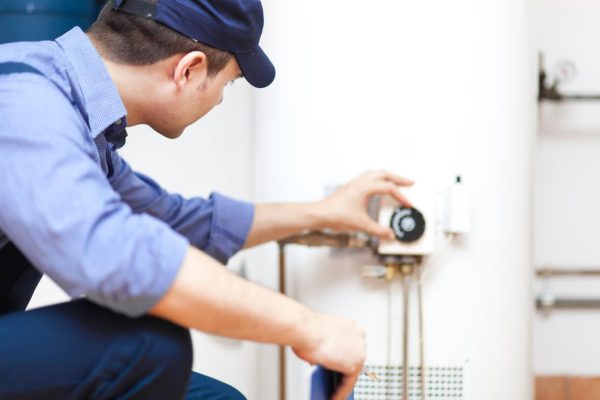The modern home has several appliances to ensure you have the latest conveniences. A water heater is among the most necessary, providing your household with hot, running water.
Sediment is a natural byproduct of corrosion on metal and mineral deposits, which combine to form scale. This scale gradually builds up in nearly all home plumbing systems. There are easy ways to detect warning signs associated with sediment buildup in your water heater.
1. Rumbling, Grinding, or Squeaking Sounds
Rumbling, grinding, or squeaking sounds coming from your water heater are a common indication of an impending sediment buildup. The noise might be the result of a buildup of calcium and magnesium deposits that accumulate where they’re available for contact with moving water. Over time, this can damage the system, causing noises different from typical sounds associated with regular operation. If you hear any strange noises coming from your water heater, contact a certified plumber immediately. They’ll conduct a thorough inspection and assess the situation.
2. Discolored Water
If your water appears cloudy or discolored, that’s another sign of sediment buildup. The high mineral content often associated with sediment may cause the water to appear unclear or murky. These minerals can also create strange odors or taste in tap water. Although this isn’t typically dangerous, it may indicate that something must be done about the problem sooner rather than later. Potable water can be treated with a softener to remove the harmful minerals in your water supply. If the problem persists, it’s a good idea to call a plumber.
3. Unusual Water Pressure Issues
If you experience drops or surges in your water pressure, this may indicate sediment buildup. The mineral buildup may restrict the flow of water through the pipes, which in turn reduces the pressure. This can cause your water heater to either overheat or underperform. A certified plumber can clear out the clogs and restore the proper pressure to your water system.
4. Leaky Water Heater
A leaking water heater could indicate that your system has become damaged and needs fixing immediately. The leaks may be caused by corrosion and rust damage to your system, loose connections, or physical damage to the heater. Inspect for leaks in all necessary places, such as the air vent, water connection tube, and tank. It’s common for water heaters to develop rust marks. Check the tank and other metallic parts for rust or any signs of corrosion.
5. Water Heater Unit Isn’t Operating Properly
Sediment can significantly reduce your water heater’s performance, leading to wasted energy. The sediment can also cause corrosion and rust in vital areas, leading to a water heater failure. Sediment buildup can even cause other processes to slow down, increasing energy bills. If you notice any change in regular operation, such as the water taking too long to heat, contact a plumber right away.
Sediment buildup can cause a lot of expensive damage. Call a certified plumber immediately if you notice any of the symptoms mentioned above. They can clean your system and ensure it operates at its full potential. Contact Flatirons Plumbing for efficient water heater repair in Arvada, CO. We have years of experience and training to ensure proper water heater repair.



